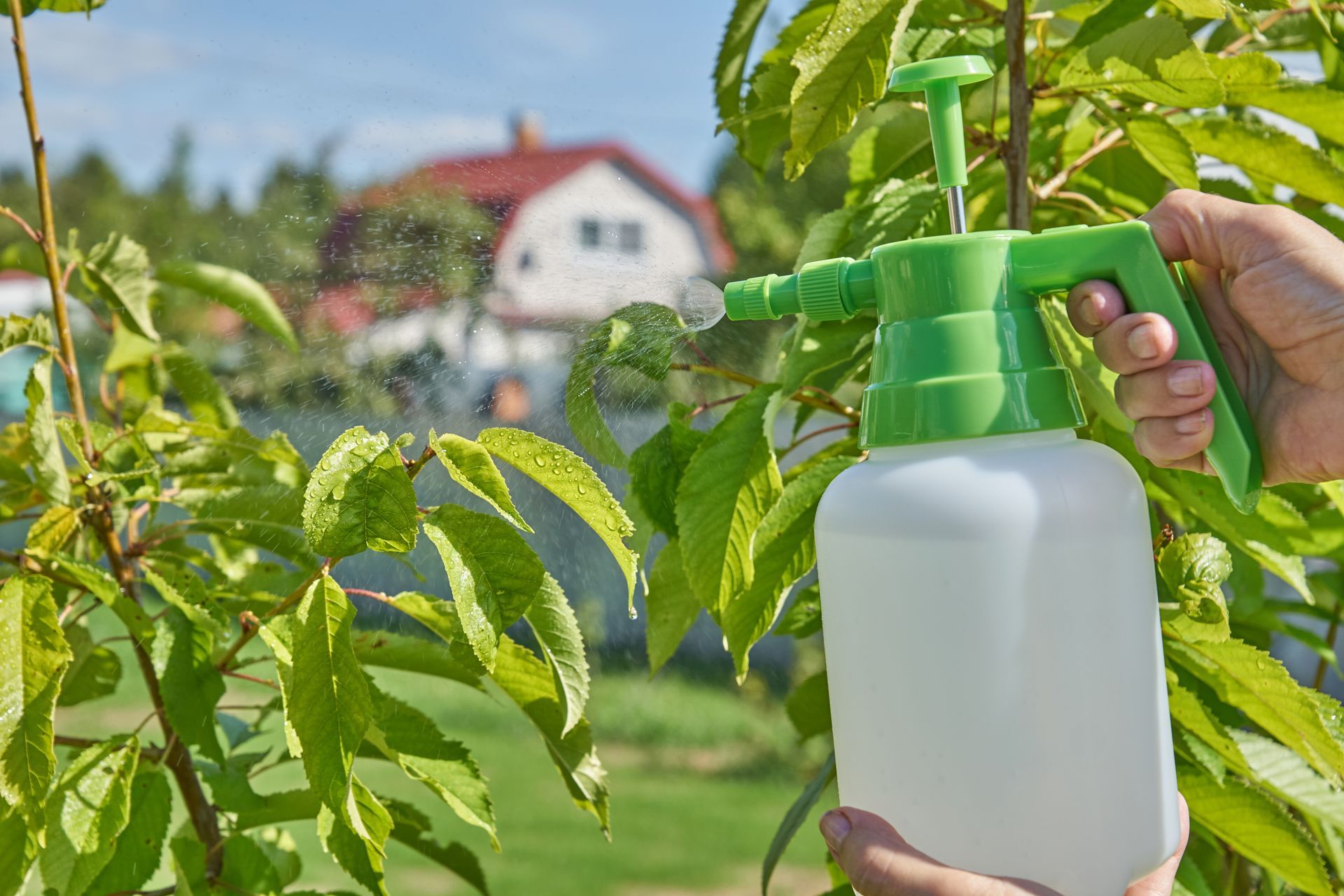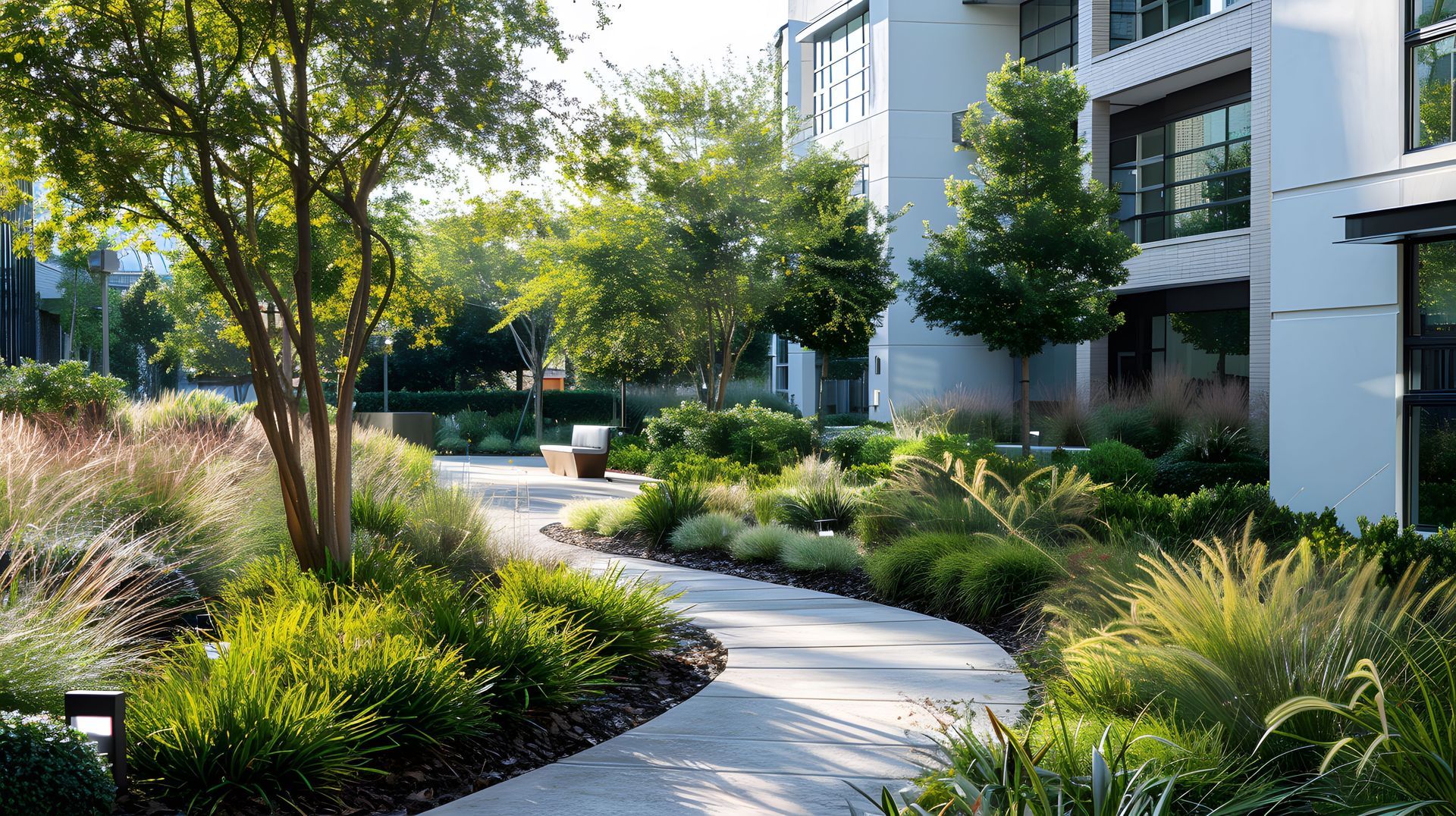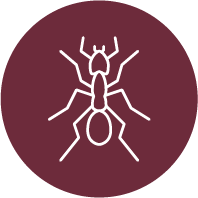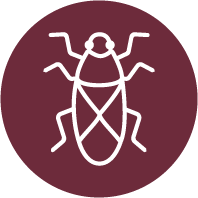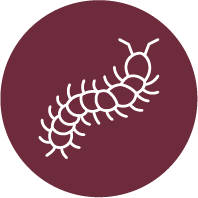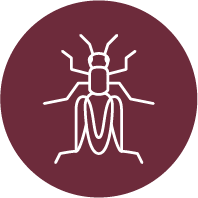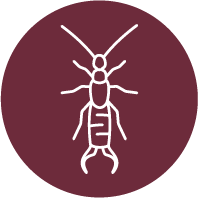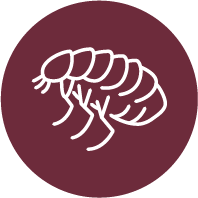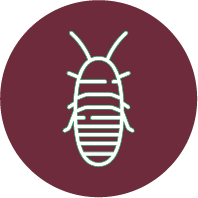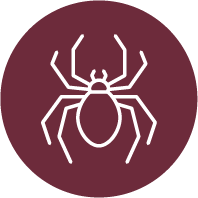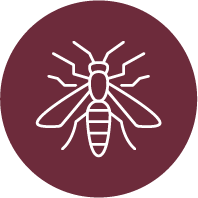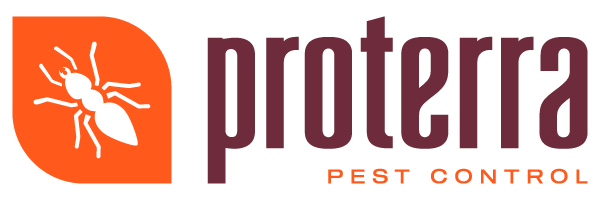Eco-Friendly Tactics for Garden Pest Control
Gardening is a relaxing hobby that brings many people joy. Pests can often ruin the hard work that goes into maintaining a beautiful garden. Instead of relying on strong chemicals that can harm the environment, there are safer ways to keep your garden healthy and pest-free all year long.
Understanding Garden Pests and Eco-Friendly Control
Home gardens can be havens of delight, but they also attract their share of pests. The savvy gardener must contend with a variety of invaders from aphids to slugs, dependent on the season. More than just nuisances, these pests can disrupt the delicate ecological balance that supports a healthy garden. Proactive pest management not only requires effective control but also a sensitivity towards the environment. Reflecting the environmental values of the Tri-Cities community, an eco-friendly approach takes precedence, focusing on methods that are non-disruptive to the surrounding ecosystem—a philosophy shared by local specialists like Proterra Pest Control.
Spring Awakening: Addressing Prolific Pests in Bloom
As spring revitalizes the garden, it also invites a host of pests. Caterpillars, aphids, and various beetle species begin their activity, drawn by the tender new growth. Addressing these early invaders promptly is key. It's not all about combat. Spring also sees the emergence of beneficial insects such as ladybugs and lacewings, which act as natural predators. Encouraging these allies involves creating a welcoming environment with diverse plant life and avoiding broad-spectrum insecticides that do more harm than good. Companion planting also offers a natural deterrent; marigolds and nasturtiums, for example, are not only vibrant additions to garden beds but also have repellent properties that safeguard the sprouting flora.
Summer Vigilance: Keeping Pests at Bay during Peak Seasons
As temperatures rise, so does the activity of pests like Japanese beetles and spider mites. Kennewick, Pasco, and Richland gardeners mindful of the summer onslaught can rely on organic pesticides, such as neem oil or insecticidal soaps, which are effective in high heat and safe for the environment. Mulching is another technique that conserves soil moisture and can prevent the emergence of certain pests by acting as a physical barrier. The hot Tri-Cities sun requires that mulches are applied at the right time and in the right quantity to avoid inadvertently creating a habitat for pests like earwigs and ants.
Autumn Adjustments: Preparing for Overwintering Pests
With the approach of autumn, many pests begin to seek shelter. Stink bugs, and rodents look to make a home for the colder months, often within the cozy confines of a garden's debris or undisturbed soil. As the leaves in Richland's parks start to turn, it is critical for gardeners to tidy up the garden, while also ensuring that beneficial organisms remain unharmed. Companion planting serves as a strategic defense, with certain plants emitting odors or substances that create an unsuitable environment for pests seeking winter refuge. The fall season is also an excellent time to enrich the soil organically and lay the groundwork for a robust garden ecosystem ready to flourish come spring.
Winter Strategies: Dormant Season Pest Prevention
Winter is often a neglected season in the garden, but it's a critical time for pest management. Understanding pest lifecycles is vital to prevent spring outbreaks. Many pests overwinter in the soil or plant debris, ready to emerge with the first signs of warmth. Tri-Cities area gardeners can curtail next season's pest issues by clearing away spent plants and fallen leaves. Introducing winter-blooming plants, such as witch hazel or hellebores, can provide habitats for beneficial insects even in the colder months, thus keeping the garden's natural defenses active.
Year-Round Tactics: Supporting a Healthy Garden Ecosystem
Maintaining an inviting environment for native predators like birds, bats, and beneficial insects is a cornerstone of preventing pest dominance. The natural biodiversity found in areas like Pasco's riverbanks and Richland's natural reserves can be echoed in one's garden to enhance pest control. This isn't just about introducing certain plants but involves regular garden maintenance that eschews chemical treatments in favor of more natural solutions. Clean-up, appropriate watering, and mindful planting all contribute to an ecosystem that naturally keeps pests in check.
The Role of Technology in Eco-Friendly Pest Management
As eco-friendly approaches evolve, technology has become an ally in the garden. From soil moisture sensors to apps that help identify pests, these tools assist gardeners in making informed decisions about pest control. One such source shows how monitoring systems can support eco-friendly practices by tracking changes in the garden's microenvironment. These advancements complement traditional methods, allowing for a more targeted approach to pest management without resorting to harmful chemicals.
Resources and Further Reading
For those seeking to deepen their understanding of eco-friendly pest management, numerous resources are available. Books like "Attracting Beneficial Bugs to Your Garden" by Jessica Walliser offer valuable insights. Websites such as the Washington State University Extension provide information on local pest issues and management strategies. Local workshops and community forums in the Tri-Cities area serve as platforms for gardeners to share their experiences and learn from one another, reinforcing the collective knowledge of holistic, environmentally-conscious pest management.
For residents of Kennewick, Pasco, and Richland looking to protect their gardens year-round with eco-friendly solutions,
Proterra Pest Control is your trusted partner. Contact us today to learn how we can help safeguard your green haven in an eco-conscious way.
